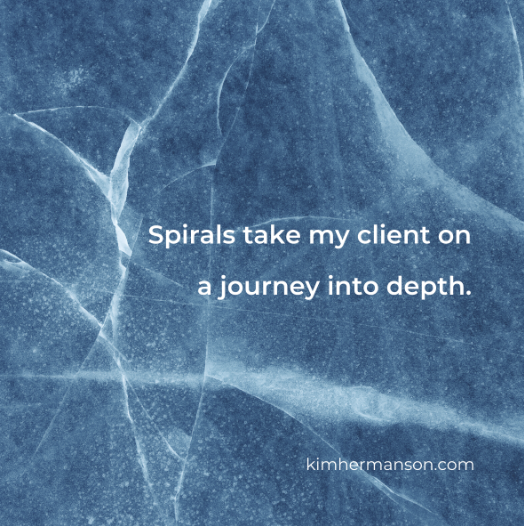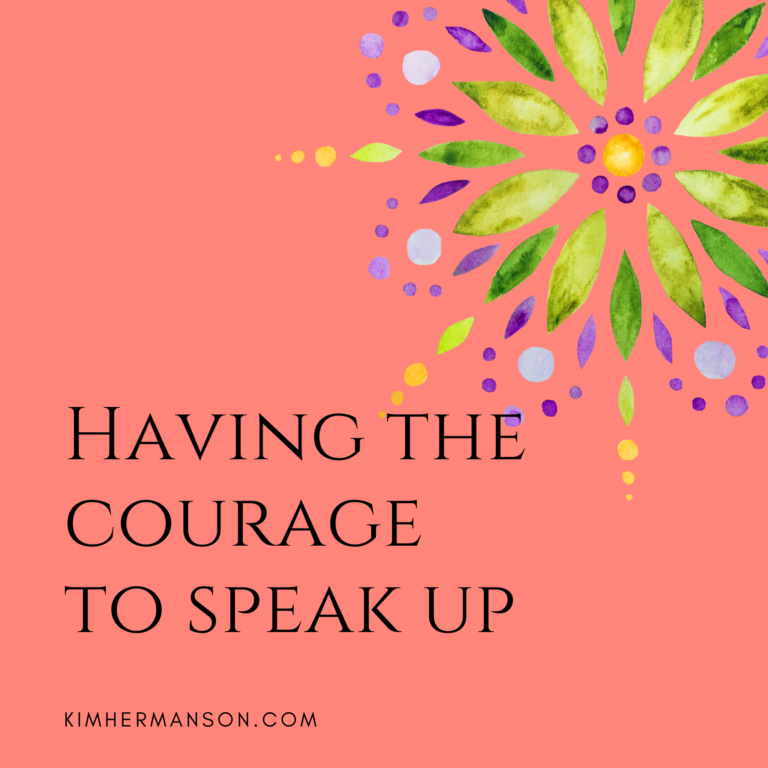Why your work is bigger than you

Peter London, in No More Secondhand Art, said it beautifully: artists are custodians of issues larger than themselves. But this idea isn’t limited to artists. Anyone working in social change—whether you’re passionate about local food, clean water, better government, or art education—is carrying something bigger than “just” your personal mission.
Your work isn’t just about expressing yourself perfectly or solving problems with a checklist. It’s about stepping into a relationship with something larger, something outside of your “small self.” Call it Spirit, the Universe, or simply the world asking you to engage—it’s a call to go beyond what you think you know.
The Power of Relationships in Your Work
Seeing your work as relational changes everything. Here’s why:
1. It’s Not All on You
A true relationship involves give and take. It means admitting you don’t have all the answers (yet). You’re engaging with something “other”—a cause, an idea, a movement—that has its own energy and wisdom. Solutions often emerge not because you “figured it out,” but because you put something out there, listened to the feedback, and adjusted course.
2. It Creates a Space for Possibility
When you enter a relationship with something you care deeply about, you create a space for something new to emerge. Philosopher Martin Buber called this the “in-between.” Theologians refer to it as the “Divine Third.” It’s a shared space where insights, creativity, and expansion can happen.
This “in-between” space is vital because it’s where real transformation takes place. Without it, we stay stuck in what we already know.
Why This Feels So Hard
Here’s the catch: most of us weren’t taught to think this way. Our education system often focuses on tidiness—organizing knowledge into neat boxes we can analyze and master. Parker Palmer, in The Courage to Teach, describes it well:
“Western culture has a million ways of reinforcing the illusion that the world consists of inert stuff out there and that we are the active agents of change whose education has been aimed at giving us the tools to exercise dominion over the earth.”
In other words, we’re trained to dissect and control, not to wonder and explore.
I once heard a prominent science professor joke that Ph.D.s are the ones destroying the earth. As a Ph.D. myself, I laughed because I understood his point. Ph.D.s are experts at analyzing and compartmentalizing information. What we’re not always trained to do is step back and wonder—to hold space for the unknown.
Embracing the Unknown
If we want to tackle the world’s biggest problems—or even our own creative challenges—we need to step outside our narrow problem-solving habits. Instead of slicing issues into manageable pieces, we need to approach them with curiosity, courage, and the willingness to not know.
This is especially true for those of us involved in social change. Our work is bigger than us. It requires us to embrace the mystery, form relationships with the unknown, and step boldly into the spaces where real transformation happens.
Are you ready to let your work grow bigger than you?





